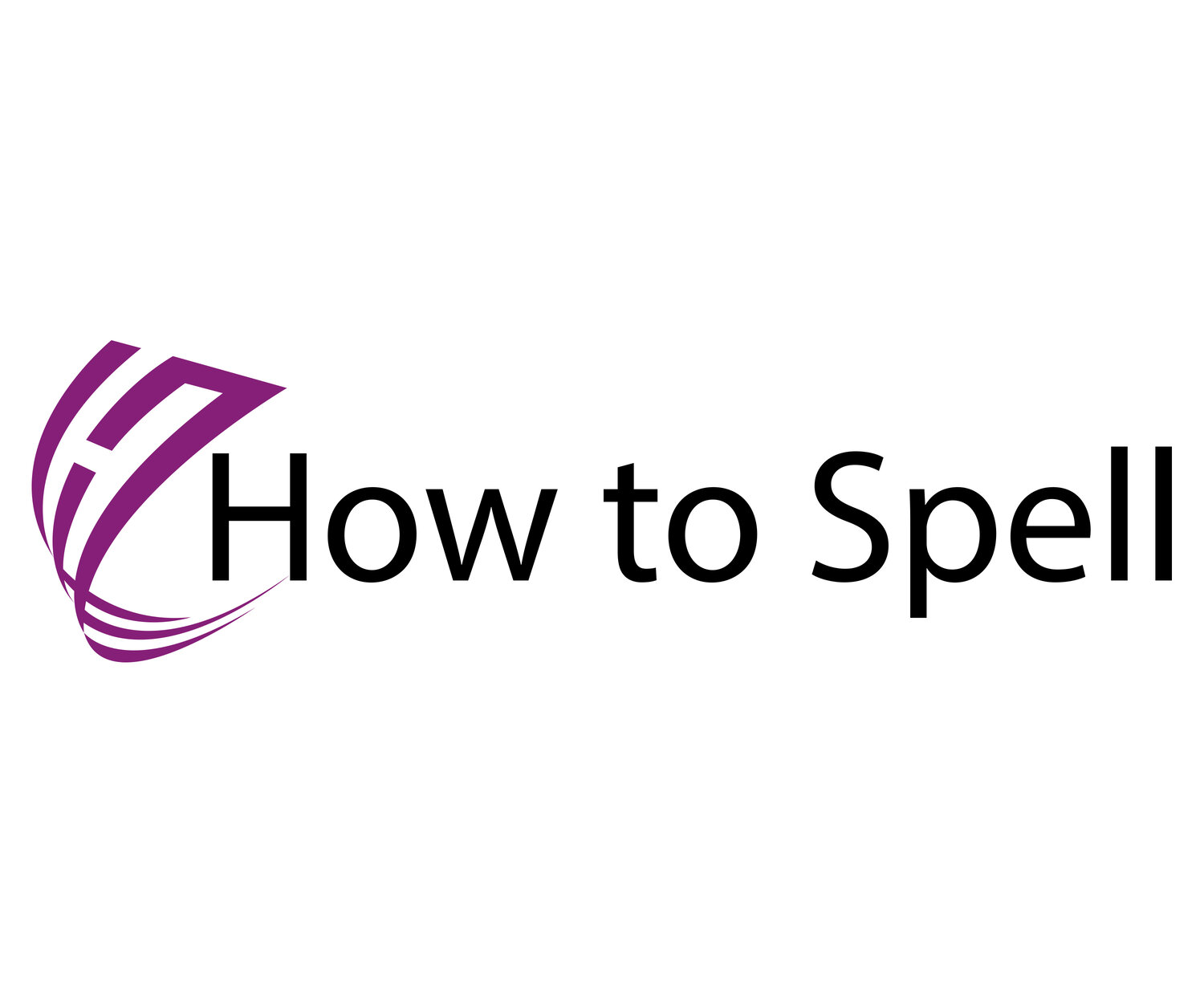Improve your spelling memory
Spelling Tip 3 - How to remember & stop forgetting spellings
Spelling Tip 3: How to remember & stop forgetting spellings
Do you get stressed because you forget spellings so quickly?
The working memory (short term memory) holds information for a short time then is forgotten. If you want to hold onto something for future use then you have to transfer it to the long term memory.
This will only happen if you make it happen and this is especially true about spelling. Just because you've seen a word and copied it down once, doesn't mean you’ll be able to spell it again without really learning it and committing it to memory.
The brain can learn new stuff at any age. Neuroplasticity is the brain’s ability to form new connections, new neurons and rewire itself by making new pathways in the brain no matter what age.
But you have to keep walking these neuron pathways to make them stronger so you can access them when you want. Yes, kids learn quicker but everyone can learn things at any age. It’s just that some people don’t like learning new things because they think they can’t or are too lazy and don’t want to move out of their comfort zone.
Remember, the brain can learn new stuff at any age.
Also, don’t be afraid of making mistakes. Figure out why you made them and learn from them. Everyone makes mistakes so don’t feel ‘stupid’ for making them. Check out the videos on why you need to fail and make mistakes.
So to improve and remember spellings get those neurons firing and making new pathways in the brain by writing; seeing the shape and letters in your mind's eye; understanding how the word is built using prefixes and suffixes; take note whether it belongs to a word family or a letter pattern; and whether is has a spelling rule. (I explain all these strategies in the lessons section.)
Notice spellings you’re working on everywhere: the internet, on billboards, in magazines, newspapers, emails, etc.
Writing and spelling are interlinked. If you want to improve your spelling, you must write.
How to remember and stop forgetting.
Most forgetting happens in the first few hours.
1. You need to revise little and often.
2. You need to practise/practice (America) a new word you want to learn within 20 seconds or so, and then review it again after about an hour.
3. Then look at the word again after an overnight rest, because sleep seems to help memorization.
4. Don't leave it more than a week before you revise it again and do it at least once more within a month.
5. The more you can use the word in your writing, or consciously take notice of it when it crops up in your reading, the more permanently it will become fixed in your memory.
Practice makes progress makes perfect. If you want to learn something then go for it, don’t give up. Don’t let anyone tell you you can’t.
One good method to fix spelling into your brain is the Look Say Cover Write Check method.
1. Write the word you want to learn on a piece of paper - write in lower case always, make sure it’s spelled correctly!
2. Look at it, see the shape of it (that’s why you must write in lower case and it’s easier to write in).
3. Say it, are there any silent letters, prefixes, suffixes, does it have an unusual sound and pattern?
4. Cover it.
5. Write it don’t worry about mistakes this is for you to help you spell this word.
6. Check it carefully letter by letter. If you've made a mistake, why? Correct it, then think about it and how to remember it, then try again.
Check my video on this great method for a more in depth look - click here to go to the video
So, spelling tip 3 is keep working on your spelling. Writing and spelling are interlinked. If you want to improve your spelling, you must write.
Use the words you want to learn in a piece of writing and it will help fix their meaning and their spelling in your mind.
So the more you write the word the more it gets into your long term memory.
For memory tricks, and understanding spelling at a deeper level, check out my book Spelling Strategies and Secrets
Contents:
The Secrets of Spelling
Myth Busting
The Do’s and Don’ts of Spelling
Glossary of Terms
Spelling Systems
Dyslexia Help
Spelling pep talk – making mistakes is good
Spelling Strategies – the tricks of spelling
Words within Words
Troublesome Letters
Consonants
Spotting Vowels
Silent Letters
Sound-Alikes – Homophones. Common homophones list
Visual Spelling Patterns
Identifying Letter Patterns
Word Families
Building Words With Prefixes and Suffixes
Syllable Breakdown
Phonic Spelling Strategies
Patterns, rhymes, sounds and rules
Spelling vs. Pronunciation
Look, Say, Cover, Write, Check method
Take an Interest in Words
American vs. British Spelling
Key Spelling Rules
Job Application Words
Your Spelling Stories
Click here to go to Spelling Tip 4: Speaking vs. Spelling

